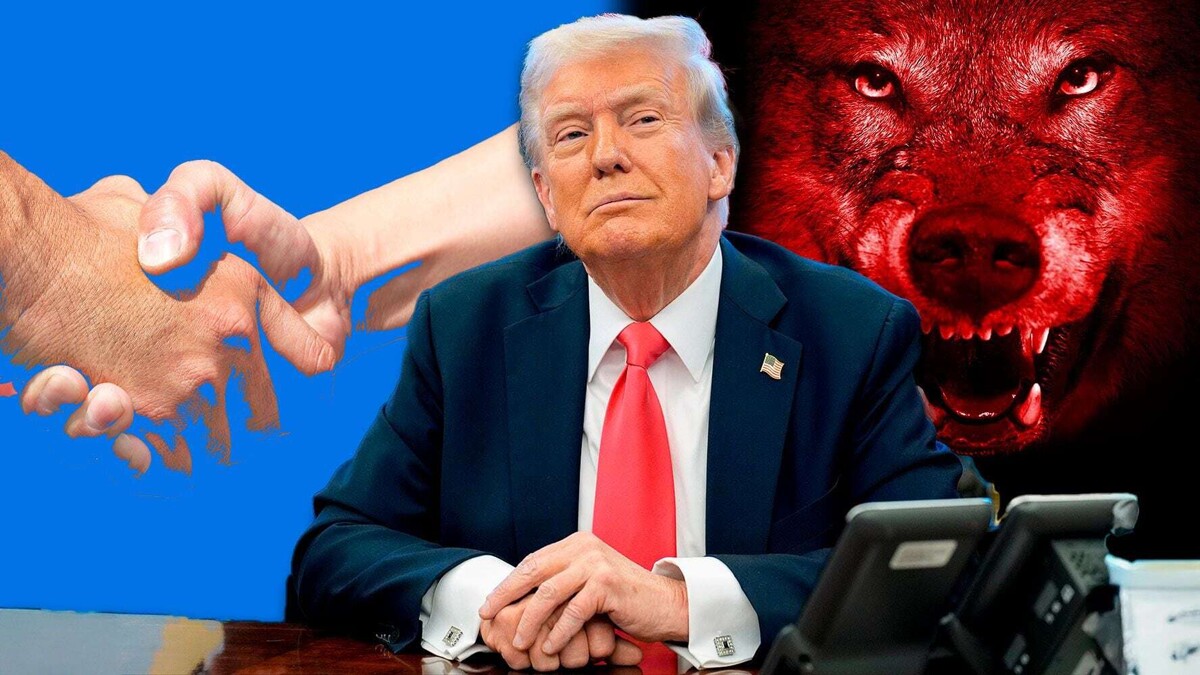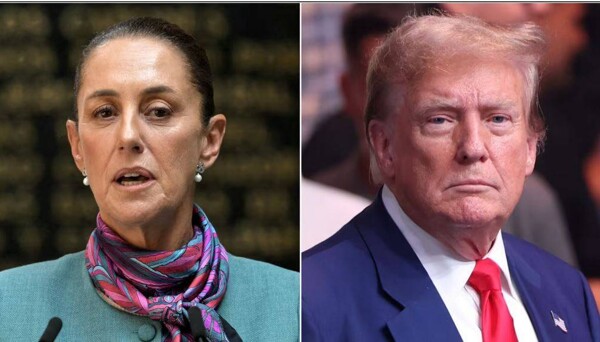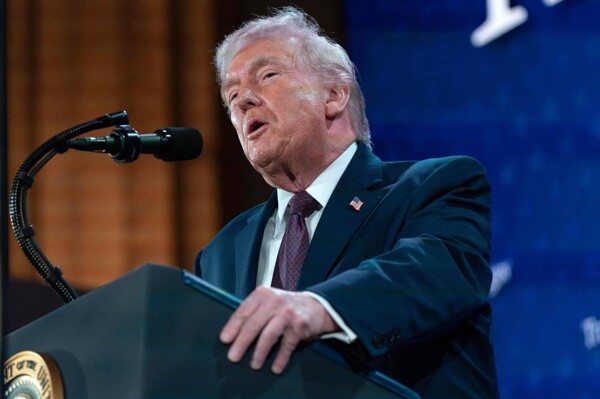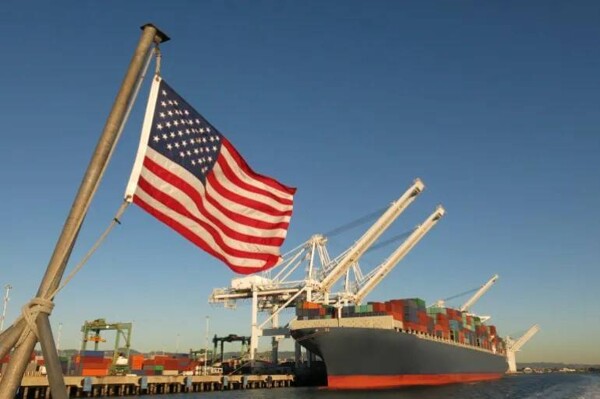
During most of his first administration, Donald Trump has been regarded as a transactional leader, especially when dealing with counterparts he perceives as powerful. However, in his second presidency, Trump is adopting a different approach. In particular, in his business interactions with Europeans, where the forces are more balanced, greater coordination and transactional behavior is observed.
On defense issues, Trump believes the United States should set the rules and expects Europeans to accept them without question. This has generated fear in countries like Mexico and Canada, who feel they may not be able to negotiate fair agreements given Trump's position of power.
Ian Bremmer, founder of the Eurasia Group consulting firm, has noted that Trump's presidency has evolved from fundamentally transactional to being "revolutionary" domestically and predatory internationally. According to Bremmer, this new dynamic makes the United States a key agent of global geopolitical uncertainty.
In his interactions with China, a significant economic and military power, Trump shows a more transactional approach. However, this stance could change if threats materialize, which could affect objectives in areas such as immigration and drug trafficking. Trump often acts irrationally, posing challenges for those looking to reach agreements with him.
Trump is more transactional with Vladimir Putin and U.S. allies in Asia, where the focus is on countering China. The notion that Trump is a transactional negotiator is called into question in situations where the United States has more power, as evidenced by the Ukrainian president's rejection of an agreement proposed by the U.S. Secretary of the Treasury.
In summary, Trump's presidency has evolved towards a more disruptive and, in many cases, predatory approach, especially in foreign affairs. As Trump seeks to impose his vision and power, geopolitical uncertainty intensifies globally.














